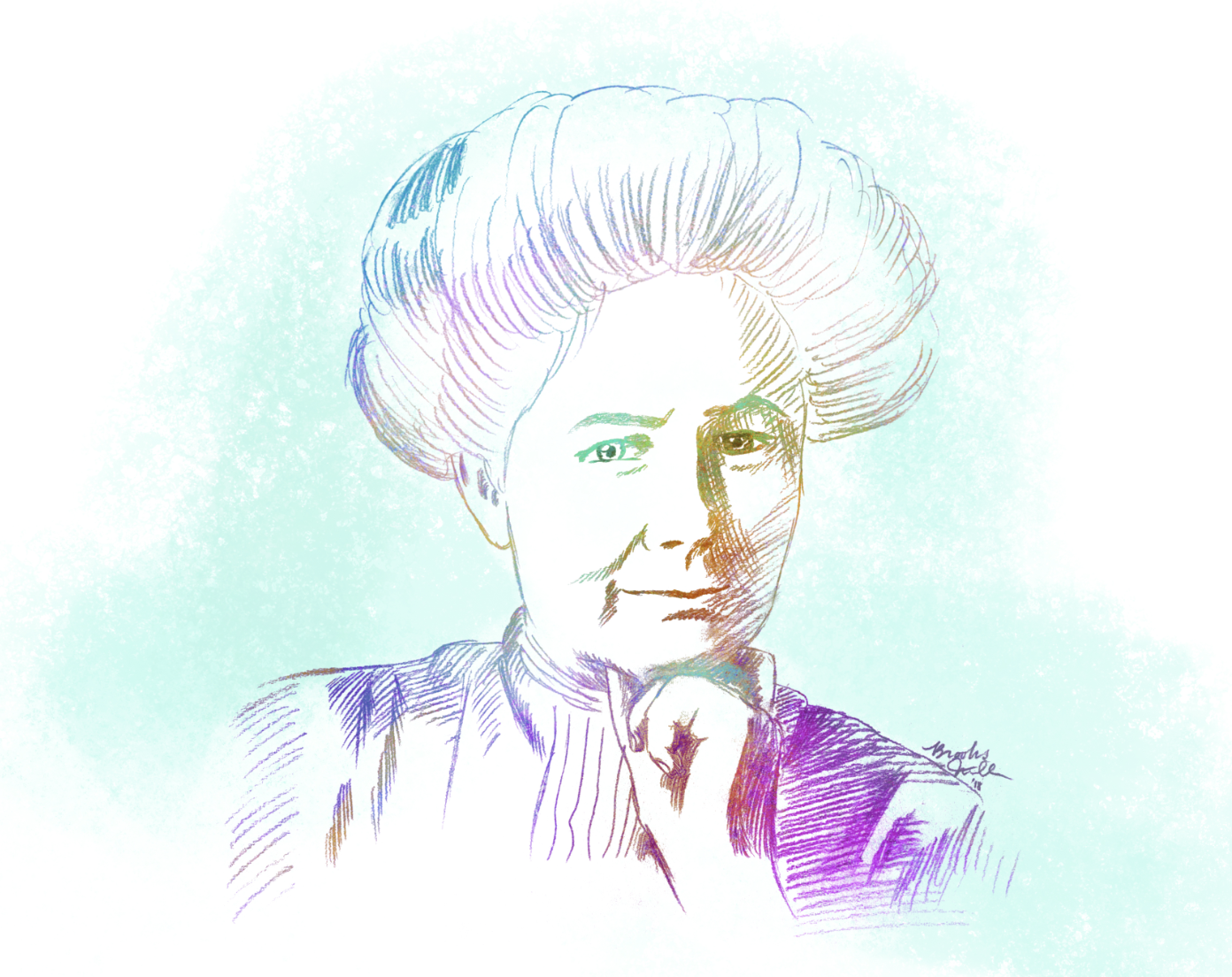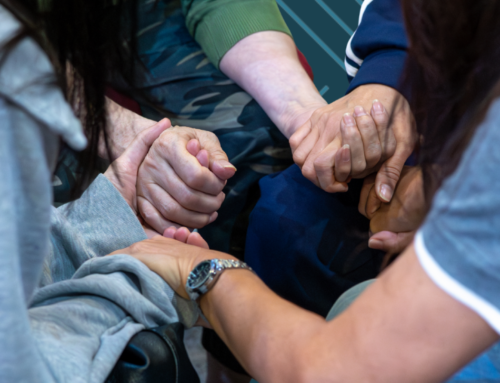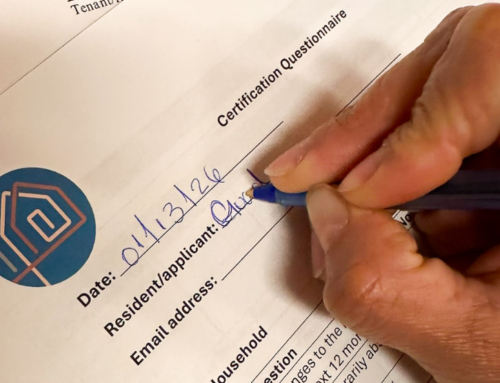Wanting to know more about the lives of her students, a young Denver Public Schools teacher began walking neighborhoods. Most of her students lived in poverty, as she had experienced in her childhood back in Ohio. Her home was on Denver’s west side in the 1200 block of Lipan Street, not far from where Joshua Station is now. She commuted to school on the east side in Five Points.
The city walks opened her eyes to realities not only for children, but the adults in their lives. Realizing that many immigrants and others had no opportunity for education, she created night classes for anyone who wanted to study. She welcomed adult students regardless of age, race, gender, or background.
The teacher’s tireless efforts—day and night—became recognized in the community. So did her name: Emily Griffith. Emily rose through the teaching ranks, becoming Deputy State Superintendent of Schools in 1904.
Emily began to ask broad questions about why people experience poverty. Was there something defective about them as individuals, or were there defects in the system that made it vastly more difficult for whole groups of people to get their footing in society?
Emily concluded that the root of poverty is not simply lack of money or poor choices, but a lack of pathways and social networks leading to educational and economic opportunity.
In 1916, Emily founded the Opportunity School. By the time she retired in 1933, her school educated 100,000 students. Now two million students later, Emily Griffith Technical College—affiliated with Denver Public Schools and the Colorado Community College System—provides more than two dozen career tech training programs for a tremendously diverse student body on three campuses.
Women’s History Month seems a fitting time to celebrate the legacy of this visionary Denver education pioneer. But at Mile High Ministries her legacy lives on continuously, in the opportunities our residents make the most of at Emily Griffith—through GED classes and other programs. Stay tuned for more about that in the next couple weeks.
Emily Griffith, we celebrate you! We’re grateful for your way of seeing our city and the vast potential within each resident. You continue to provide pathways and hope.








